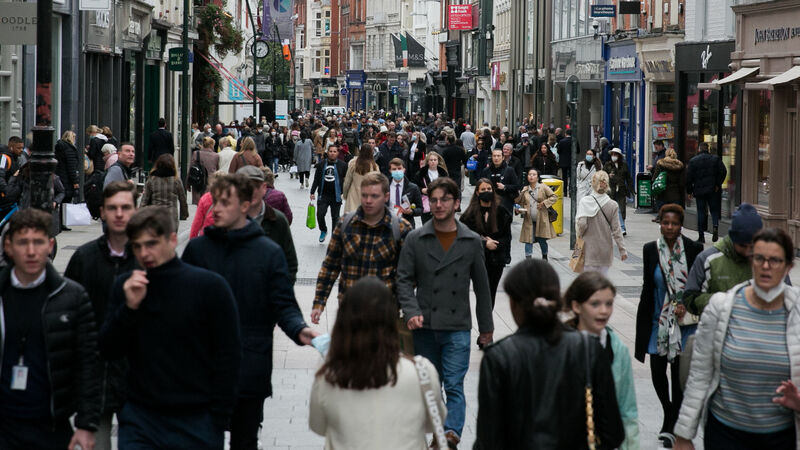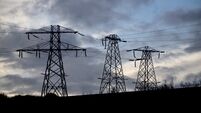EU: Irish inflation to be fourth highest in eurozone in 2022 after 'tumultuous' energy price spike

Irish inflation will be the joint fourth highest in the eurozone next year, as energy costs spike though the winter months, new EU forecasts show.
In its autumn forecasts, the European Commission said that, following sharp falls last year, energy costs rose “at a tumultuous pace over the last month” and risk pushing prices for households and producers higher.














